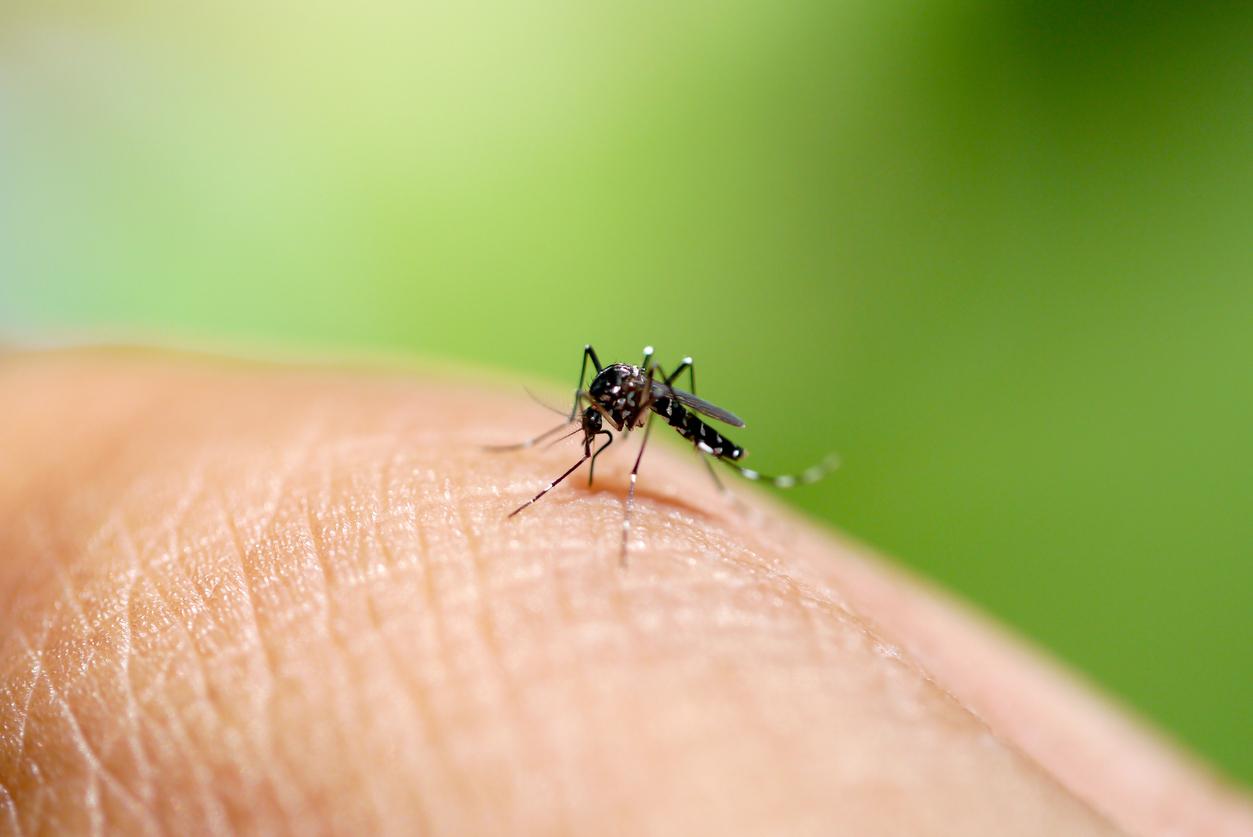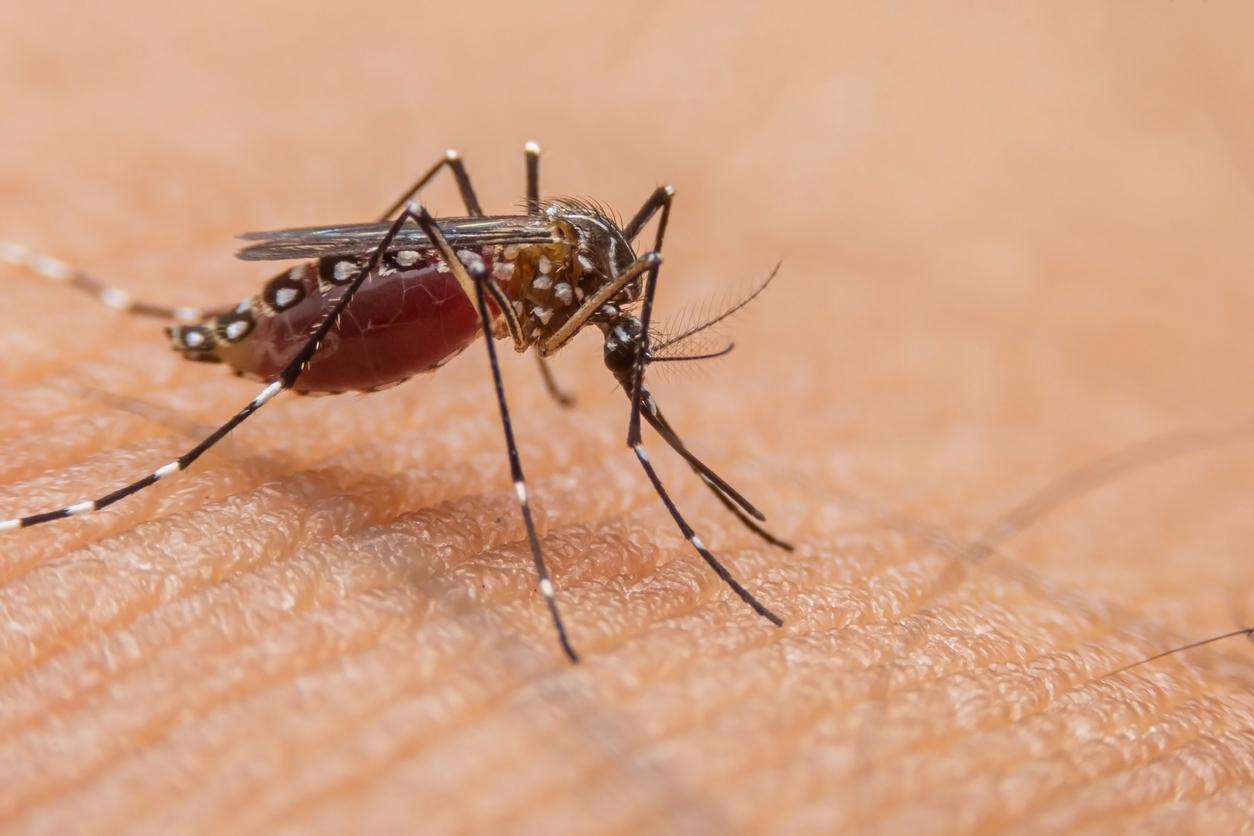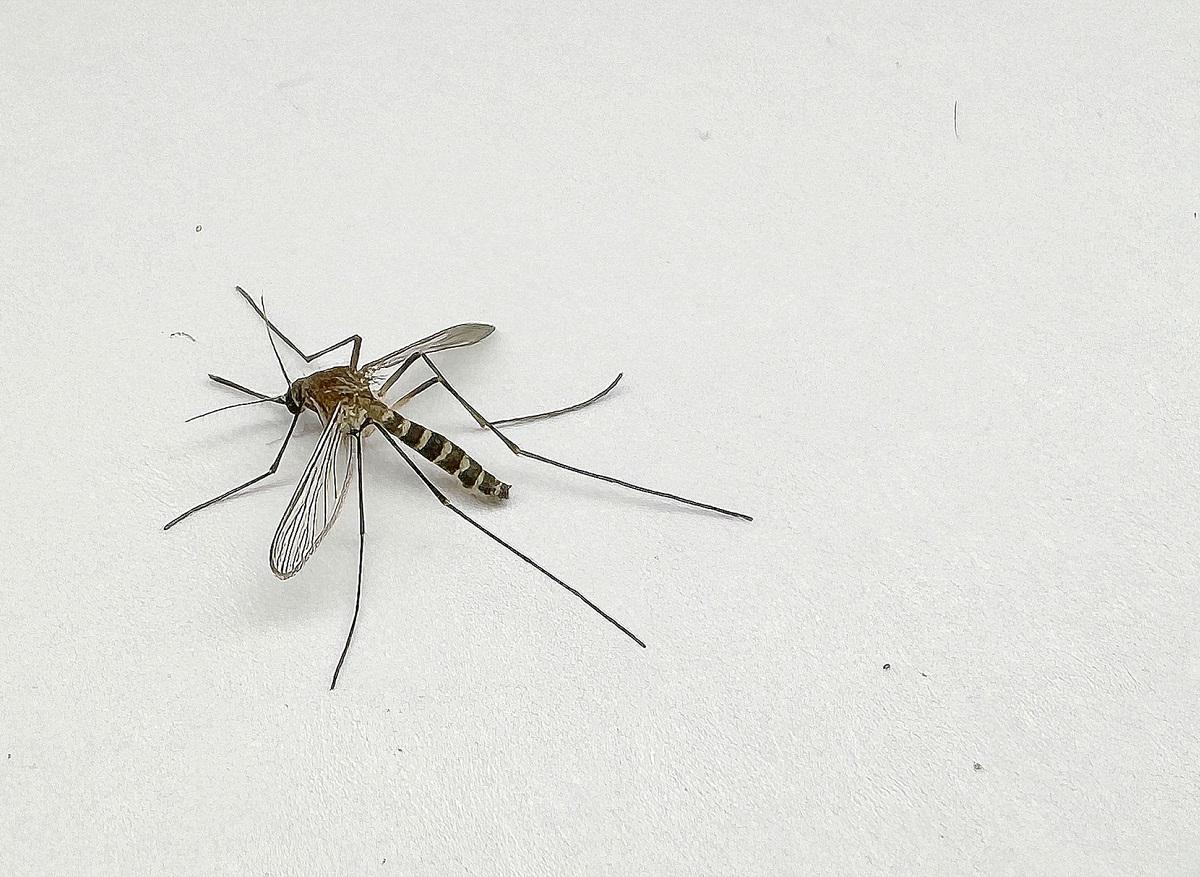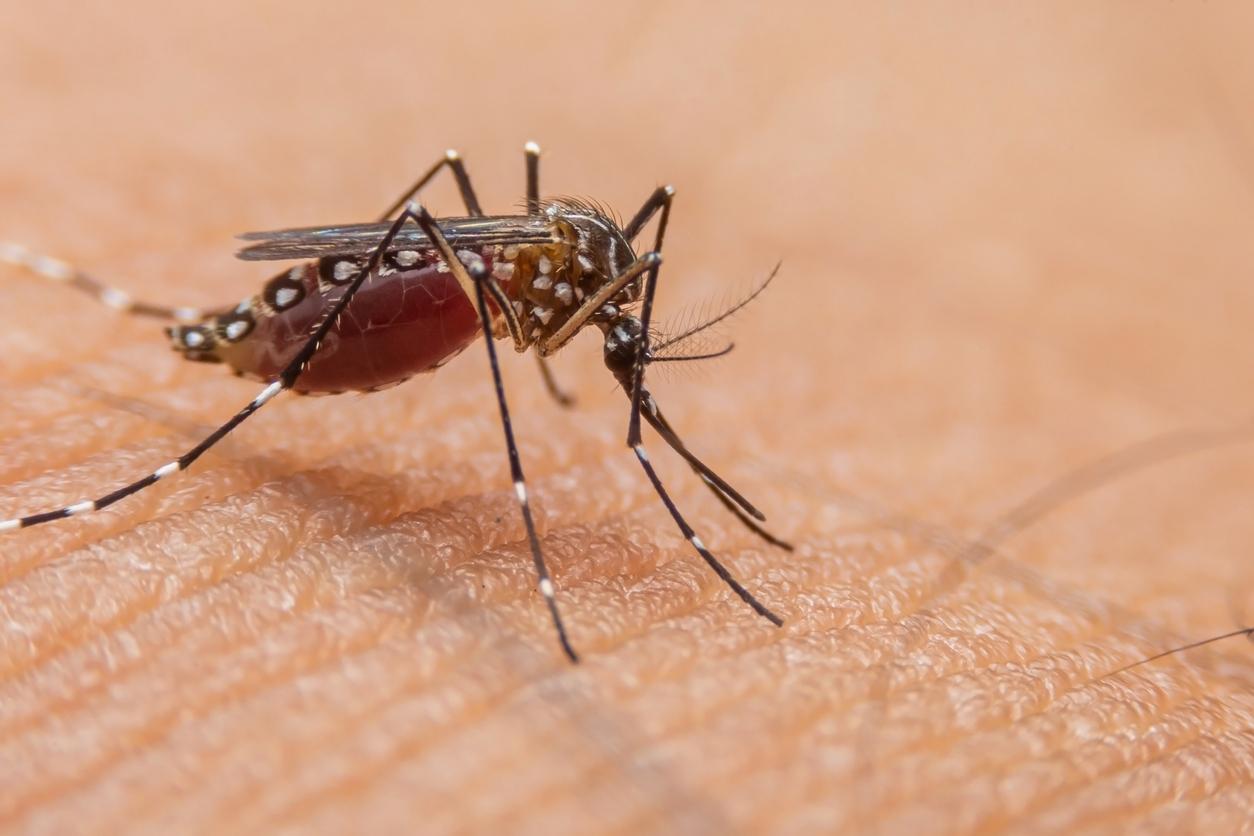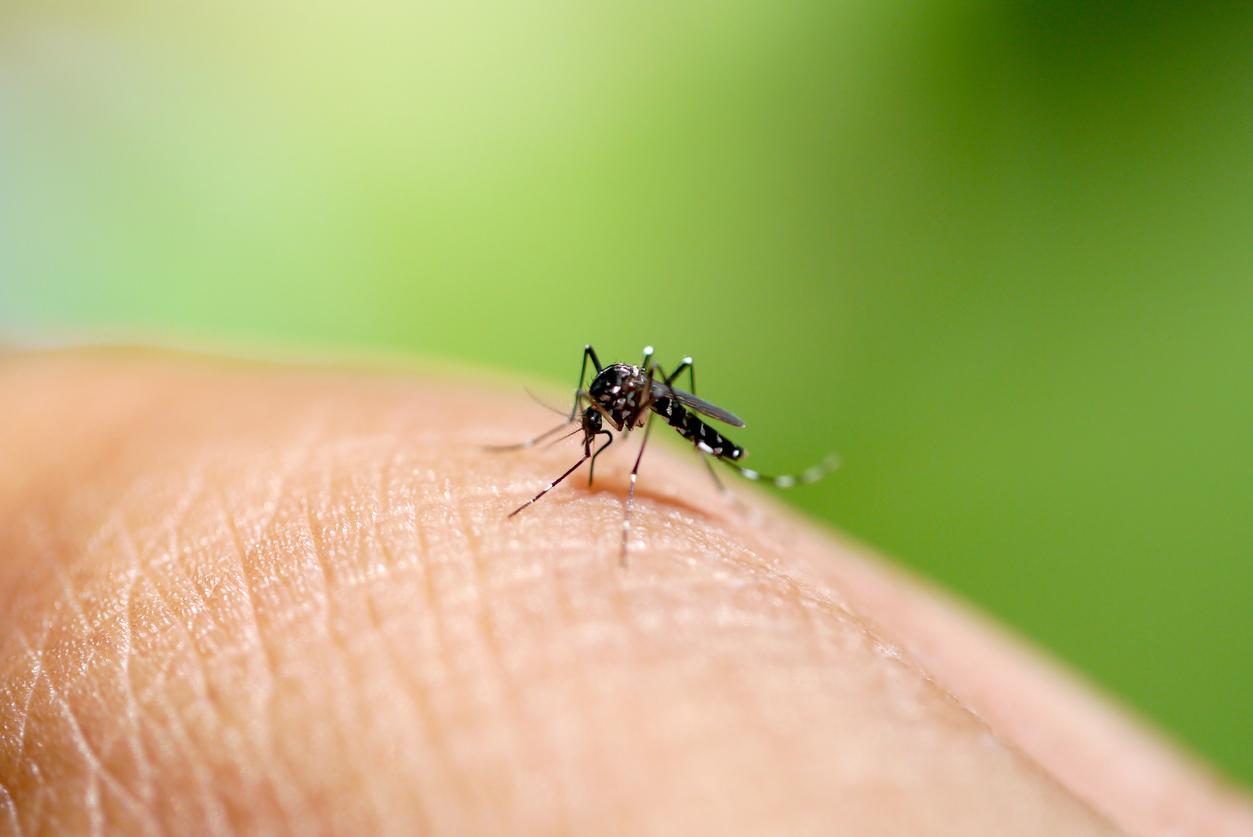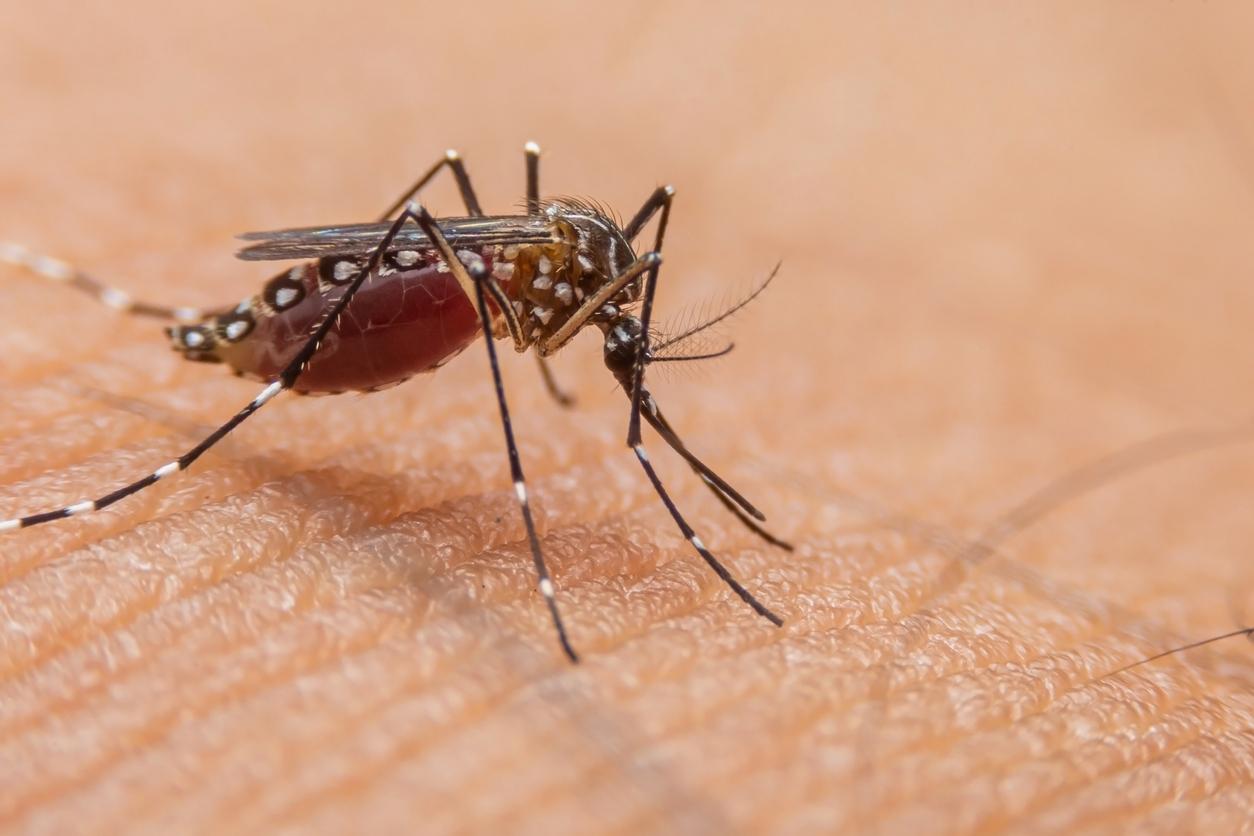It kills 89,000 people a year around the world and is more widespread than previously thought. Melioidosis is an infectious disease caused by the bacteria Burkholderia pseudomallei (or Whitmore’s bacillus) which is characterized by severe respiratory infections and sepsis which can be lethal. While the disease is known to be endemic in Southeast Asia and northern Australia, cases of melioidosis are believed to be increasingly common in Europe and North America, according to a study published in the journal Nature Microbiology. At the origin of this work: researchers specializing in tropical medicine from the universities of Bangkok (Thailand), Cambridge and Oxford (United Kingdom) who have identified and mapped all the cases (animals and humans) of infections with bacillus responsible for melioidosis. According to them, there are 165,000 human cases per year on the surface of the globe, including 89,000 deaths. “Our estimate suggests that cases of melioidosis are grossly underestimated in the 45 countries where it is endemic, and probably also endemic in 34 other countries that have never reported a case.“suggest the study authors. The results of this study rank melioidosis comparable to measles and higher than dengue in terms of mortality.
A geographic distribution that risks expanding
Melioidosis is transmitted from animals (horses, sheep, pigs, etc.) to humans, and the transport of infected animals to regions free from the disease may be sufficient to import it there. Scientists fear that the weight of this infectious disease does not increase, given the multiplication of movements of human and animal populations. “This wide and potentially growing geographic distribution, especially when patients with melioidosis go undiagnosed or are treated with ineffective antibiotics, underscore the urgency for health authorities and politicians to raise the priority of this infection.“note the authors of the study.
Whitmore’s bacillus can infect a body if it infects a scrape, sore or burn. This bacteria is also transmitted by ingestion or inhalation. Melioidosis manifests itself by respiratory infectionnecrotizing lung disease and sepsis with high fever, headache, diarrhea, vomiting, skin lesions and abscesses. There is also a chronic form characterized by abscesses and damage to the lungs (causing symptoms similar to those of tuberculosis), liver, intestine, skin and brain. Diagnosis of this infection is sometimes difficult, and treatments may be ineffective because the bacillus has developed antibiotic resistance traditional.
>> To read also:
Measles: vaccination stagnates
Bacteria resistant to the strongest antibiotics
Rubella driven out of the Americas
Zika virus rages in Brazil and panics the country











